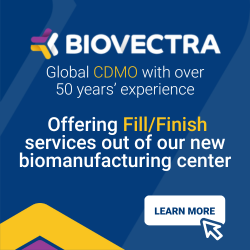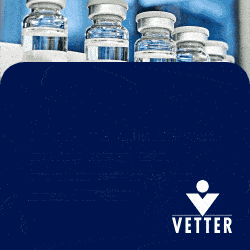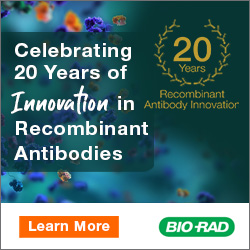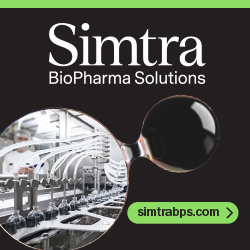Organovo & Viscient Biosciences Collaborate to Develop Custom Research Platform
Organovo Holdings, Inc. and Viscient Biosciences recently announced a collaboration to develop a custom research platform for studying liver disease. The partnership is expected to expand upon Organovo’s current service portfolio for compound screening in disease models, which aids the drug discovery work of the Company’s customers. Viscient is targeting early discovery work for non-alcoholic fatty liver disease (NAFLD) and non-alcoholic steatohepatitis (NASH).
“We continue to have excellent traction with a wide range of biopharmaceutical companies in evaluating our tissue systems to facilitate the discovery and development of novel drug candidates to treat liver disease,” said Taylor J. Crouch, CEO, Organovo. “Our 3D disease models have the unique capability to demonstrate drug mechanisms of action and efficacy in a setting that closely mimics human livers. We’re proud to collaborate with Viscient’s talented team as they have a strong understanding of our expertise. Our aim is to establish a custom platform that will support high-value drug profiling, and ultimately move our collaboration into a steady-state relationship.”
“Viscient is a strong believer in unlocking the power of 3D bioprinting to bring cures and treatments to patients with few options today,” said Keith Murphy, CEO, Viscient Biosciences. “In our pursuit of breakthrough therapies in important areas of medicine, we’re eager to tap into novel, complex and more accurate disease models. Organovo’s technology provides the potential for valuable and unprecedented insights as we target new drugs in areas of unmet medical need and strong commercial potential.”
Deteriorating liver function is a growing and serious public health concern, with an estimated 100 million adults in the US afflicted with NAFLD, while up to 20 million more Americans are projected to have NASH. Left unchecked, these diseases can progress to cirrhosis and cancer, with NASH being the second leading cause of liver transplants in the US. Despite decades of intense research worldwide, the understanding of NAFLD progression and the development of novel therapeutic approaches have been limited by the lack of advanced systems that mimic human liver biology over an extended period of time.
Organovo designs and creates functional, three-dimensional human tissues for use in drug discovery, clinical development, and therapeutic applications. The Company develops 3D human tissue systems through internal research programs and in collaboration with pharmaceutical, academic, and other partners. Organovo’s 3D human tissues have the potential to transform the drug discovery process, enabling treatments to be developed more effectively and with greater relevance to performance in human trials and commercialization. The Company’s ExVive Human Liver and Kidney Tissues are used in high-value drug profiling, including compound screening in disease models, toxicology, target and marker discovery/validation, and other drug testing. The Company is also advancing a preclinical program to develop liver therapeutic tissues for critical unmet medical needs, including certain life-threatening pediatric diseases. In addition to numerous scientific publications, the Company’s technology has been featured in The Wall Street Journal, Time Magazine, The Economist, Forbes, and numerous other media outlets. Organovo is changing the shape of life science research and transforming medical care. For more information, visit www.organovo.com.
Viscient Biosciences is a San Diego-based biotech company focused on utilizing 3D culture technology to develop drugs across a range of therapeutic areas. Founded by a combination of former Organovo and Ardea Biosciences scientists and entrepreneurs, Viscient is initially conducting discovery and development work in non-alcoholic fatty liver disease (NAFLD) and non-alcoholic steatohepatitis (NASH). Utilizing newly available three dimensional biology technologies, we explore biology in a previously unavailable context, leading to a better understanding of disease and an improved opportunity to impact patients. For more information, visit www.viscientbiosciences.com.
Total Page Views: 2141

















